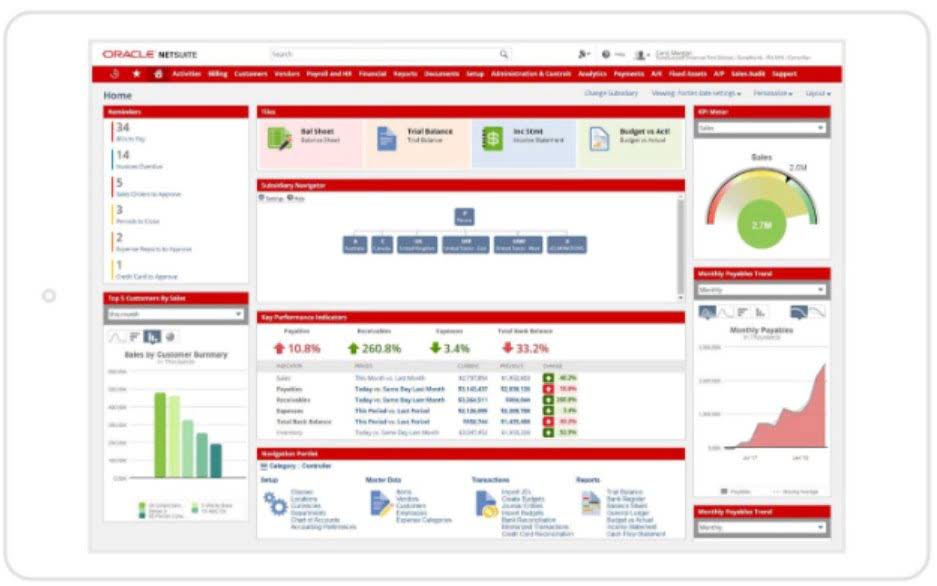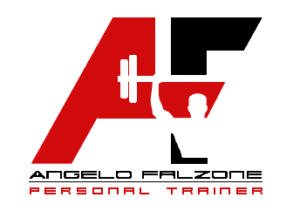What does a bookkeeper do? Guide to Bookkeeping Basics

Continuous training and the use of advanced tools can further strengthen this skill, enabling bookkeepers to excel in their role and support the financial health of the company. Bookkeepers are responsible for managing financial records, and one of their core skills is attention to detail. This skill is crucial in ensuring accuracy and minimizing errors in complex data sets. Bookkeepers must be diligent and meticulous when recording transactions, as even minor mistakes can have significant implications for a company’s finances.
You’ll want to create a contract that outlines details, such as deadlines, rates and expectations so that everyone is on the same page. Keeping up with the records in your small business might be a task you are willing and able to tackle yourself. The system you choose to use doesn’t need to be complicated and the ledgers should be straightforward, what exactly does a bookkeeper do especially if you have just a few or no employees. The most important parts of doing your own bookkeeping are staying organized and keeping track of the details. Start building the professional skills you need to get a job as a bookkeeper in under four months with the Intuit Bookkeeping Professional Certificate on Coursera.
What are the key differences between the roles of a bookkeeper and an accountant?
Maintain an updated chart of accounts to post your accounting information to the right places. You’ll post three common financial transactions to your accounting system. If you’re acting as a bookkeeper for your business, you’ll review source documents and record basic accounting information.
- Your bookkeeper isn’t just consulting an accounting book and doing simple data entry—there’s so much more that goes into bookkeeping than many small business owners realize.
- The accountant will dig deeper into the financial records and analyze the business’s finances.
- They’re the kinds of things that a sole proprietor or small- to medium-sized business might hire a bookkeeper for.
- This article covers what exactly a bookkeeper does, how bookkeepers are different from accountants, and why you might want to consider hiring one.
- Management accounts are meant to help owners or managers of a business make decisions using financial data.
Accounting software makes reconciliation pretty easy, but a human touch is still required to make sure all transactions are accurately recorded. Many people don’t realize that bookkeeping and accounting are two distinct professions, both of which are vital to your business. Let’s take a closer look at bookkeepers and what they do all day. In-house bookkeepers are typically employed by larger companies, with more complex financial systems that require a robust suite of full-time services.
QuickBooks
When selecting a bookkeeping style, business owners have several options. Learn how QuickBooks Live Assisted Bookkeeping can help you streamline your bookkeeping and free up time spent on finances. Some clients need a low-touch service, explains Groberg—that can be a second set of eyeballs on books prepared in-house. But if you find yourself going to do your own books more than once or twice weekly, it’s time to outsource it to a professional. “Your time is much better spent running your business,” she advises.

How your business operates is unique, and your bookkeeping follows suit. Most business owners feel passionately about their business, but can’t always identify what’s holding them back. Even when they can point a finger at the problem, they may not know how to fix it—having someone else who can objectively look at the books and make recommendations can be invaluable. And handing them off to a family member who isn’t equipped to handle it isn’t better.
What Is Bookkeeping? Everything You Need To Know
A bookkeeper’s primary responsibility is to record and maintain financial transactions for an organization, such as accounts receivables, accounts payables, and payrolls. They ensure that daily financial transactions, including purchases, sales, receipts, and payments, are meticulously recorded and organized. This foundation of accurate and organized financial data is critical for the accountant to analyze and interpret.
- You should consult your own professional advisors for advice directly relating to your business or before taking action in relation to any of the content provided.
- Freelance bookkeepers typically charge between $30 to $50 per hour for basic bookkeeping tasks.
- They must be able to work independently and as part of a team, and they must be able to communicate effectively with clients, vendors, and other stakeholders.
- In small businesses, a bookkeeper may be responsible for all financial record-keeping duties.
- In that case, you might want to consider a bookkeeping app like Keeper.
